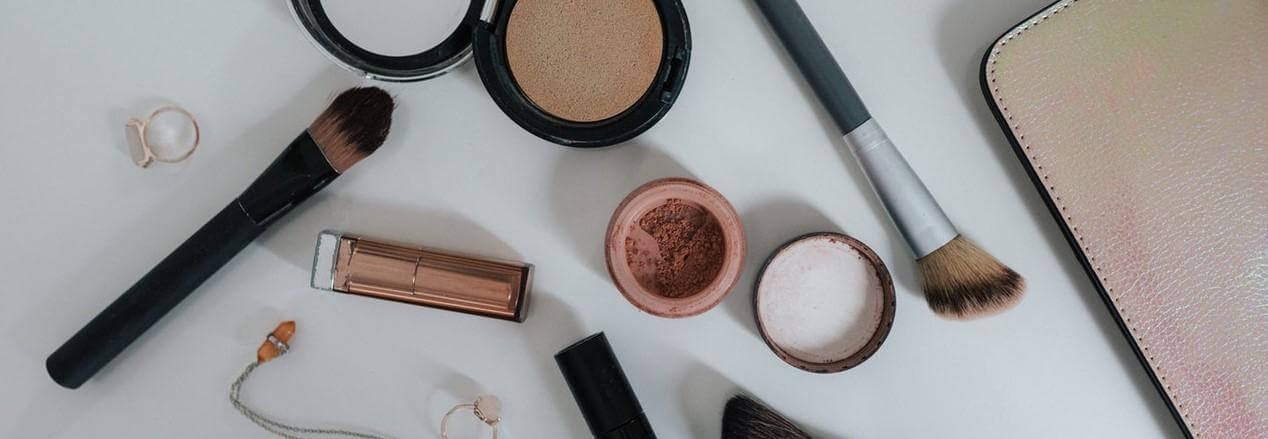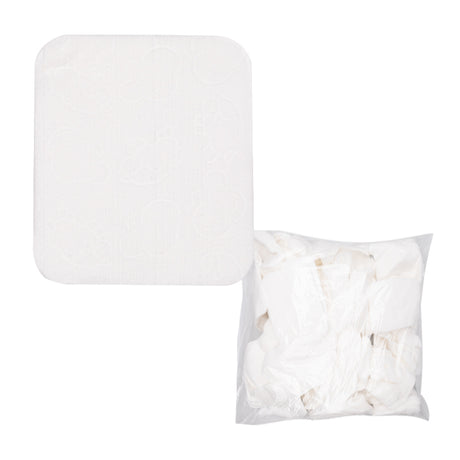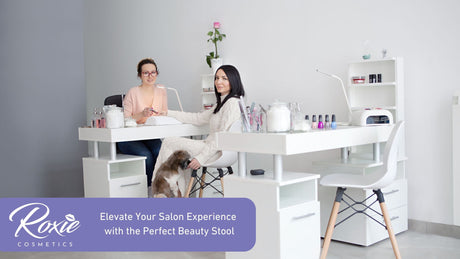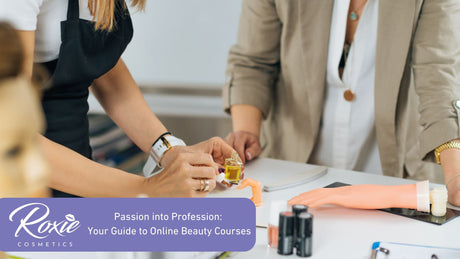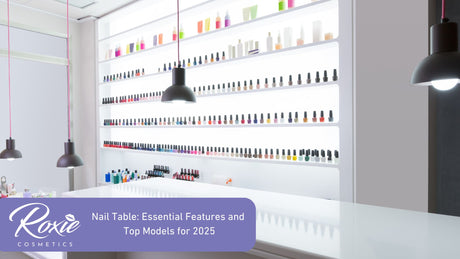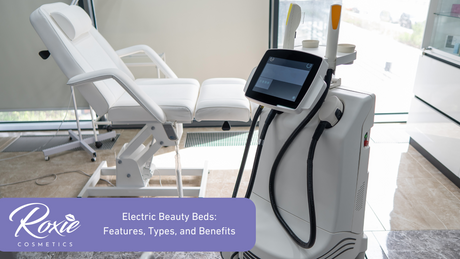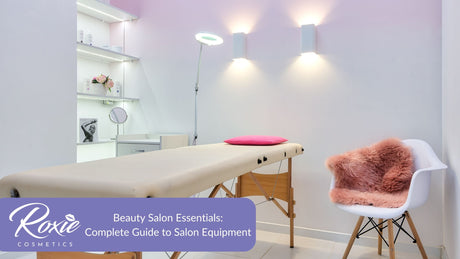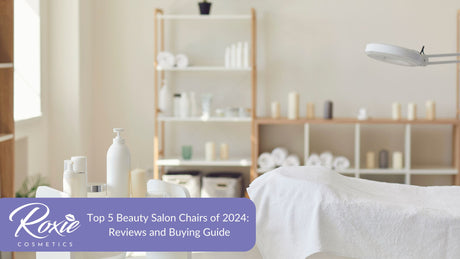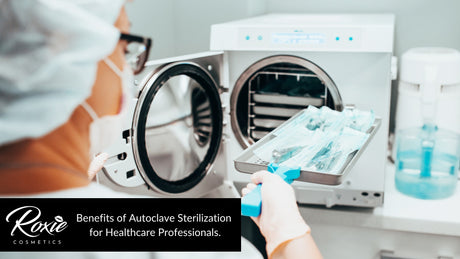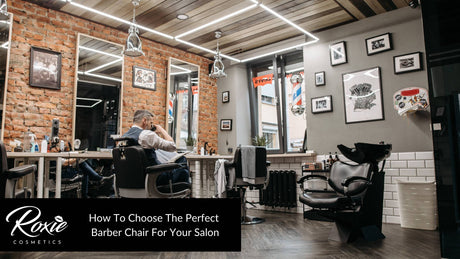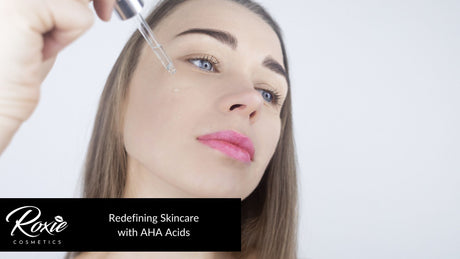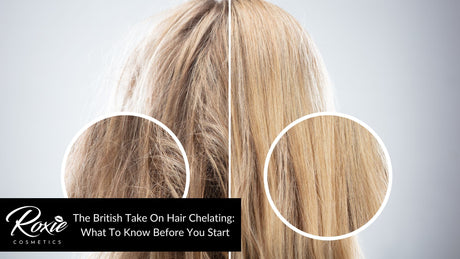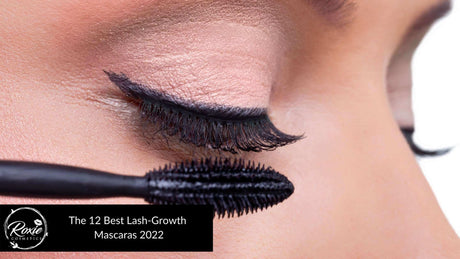While reading about cosmetics testing conducted on animals you might feel dizzy with outrage and repulsion. Though the awareness about how cruel it is progressively raises, there are still some companies running such tests. If you’re concerned about animals’ well-being, and you don’t want to resign from doing your makeup and other cosmetics simply because some of the ingredients stand in opposition to your beliefs, this article is for you.
IS CRUELTY-FREE MAKEUP VEGAN?
Whether you’re vegetarian or vegan, or simply love animals, the first thing you have to distinguish is the difference between cruelty-free and vegan cosmetics. Mind you, though, that products can be cruelty-free and vegan at the same time, but it does not have to be the case. Cruelty-free products may contain ingredients that are of animal origin, and contrariwise, vegan products may be produced with use of brutal tests on animals (yes, we know, it sounds absurd). Although it seems like it should be the same thing, it is not, and knowing the difference in indisputably crucial not only when it comes to your morals.
THE DIFFERENCE BETWEEN VEGAN AND CRUELTY-FREE COSMETICS
Cruelty-free cosmetics are the ones which are produced completely without tests on animals throughout the entire process of creation and production. To put it simply, at no point, from thinking about making this product to its final version and distribution to shops, have any animal been forced to undergo tests.
Vegan cosmetics, on the other hand, doesn’t have any components that come from animal (mind you, that there is a difference also between animal ingredients and animal derived ingredients like beeswax).
Now, you may think that if something is not an animal by-product or doesn’t consist of any animal-derived ingredients, it means that it wasn’t tested on animals. Well, that’s what it should be, but the in reality it tends to be the opposite. Luckily, more and more companies withdraw from these practices.
Fortunately, most brands proudly display their contribution to cruelty-free movement by labelling their packages with logos of certification: “Not tested on animals” with bunny or “Certified Vegan” from The Vegan Action. Seek for them on the packaging and labels while doing your shopping.
Check out Annabelle Minerals - Vegan Friendly Cosmetics
KNOW YOUR ENEMY – ANIMAL-DERIVED INGREDIENTS
There are lots of ingredient that may actually be animal by-products that disguise themselves quite well under various names and labels. Here you’ll find one of the most popular components that are obtained from animals, which you have most likely never considered as non-vegan, and examples of cosmetics in which you can find them. Mind you, that many of these ingredients can also come from plants or be synthetically manufactured, therefore it is sometimes really tricky to know whether it’s actually vegan or not.
- Allantoin, known from many creams and body balms, is produced from uric acid derived from mammals (cows, for instance) and used in cosmetics for its moisturising and wound healing properties.
- Benzoic acid is often added as a preservative to products like creams, deodorant and lotions to stop bacteria that may enter cosmetics from daily use and by hand application. Nowadays, it is mostly produced synthetically.
- Beeswax, which you can commonly find in lipsticks and eye shadows, is obtained straight from bee hive. It is also known under the name of cera alba.
- Carmine, alias cochineal, is derived from female cochineal insect to add red tint to products like shampoos, hair dye or lipsticks. Also, it may not fit hypoallergenic skin, so there is another reason to look out for it.
- Collagen, comes from vertebrates’ fibrous protein, and thanks to its beneficial properties for sagging skin (it recovers skin firmness and elasticity), is usually put in anti-ageing creams and serums.
- Glycerol, aka glycerine, which is frequently acquired from animals, is a humectant famous for smoothing and lubricating qualities. You can find this substance in several cosmetics like toothpastes and mouthwashes, hand creams and soaps, as well as ointments.
- Guanine is an additive of many glittery and pearly makeup cosmetics like nail varnish, eye shadows, highlighters, blushers and so on, and is obtained from fish scales. You may also find it in ingredients list as CI 75170.
- Hyaluronic acid can also be of animal origin, and is a frequent ingredient of many skin-care products because it contributes to skin healing.
- Keratin, famous component of many shampoos, conditioners and hair masks for its nourishing properties for dry hair, often comes from animals’ horns and nails.
- Lactic acid, or milk acid, as a humectant and emollient, sometimes can be found in face creams, peelings and serums due to its exfoliating, anti-ageing and pH adjusting properties. Lanolin is obtained from oil gland of sheep’s wool. It is an emollient, has an ointment-like texture, moisturises and evens the skin, therefore occurs often in skin care product like lotions, creams and lip balms, as well as in baby products.
- Musk by and large can be found in perfumes and deodorants, since it often serves as base note and a fixative in perfumery, and is obtained from animals’ glandular secretion, like for example of musk deer or otter. Fortunately, more and more musk fragrance is produced synthetically since obtaining musk includes killing endangered species.
- Shellac is a resinous substance that is derived from secretion of some insects. It holds together ingredients and prevents emulsion from dividing, and when used in hair cosmetics, it helps your hair not to absorb water when it’s humid outside.
- Silk is a protein fibre, derived from mulberry silkworm’s larvae’s cocoons. It is used for colouring for example face powders, but it also has moisturising and UV blocking properties. Urea, otherwise known as carbamide, is found in mammals’ urine excretion. Thanks to the fact that it can offset acidity of used products, keeps a proper water component level in outer skin layers and prevents it from losing moisture, it is often used in face and hand creams, lotions and hair dye.
If you’re looking for a cruelty-free cream, mascara or a foundation, or any other makeup cosmetics really, there are lots of websites that list anti-cruelty cosmetic companies. And remember to always check labels first.

